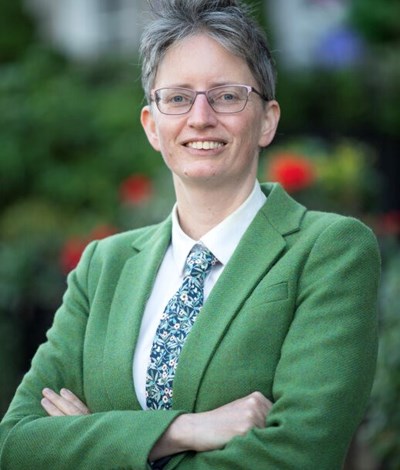The NatureScot Corporate Plan 2022-26 has headlines including 30% of land protected for nature by 2030, stronger deer management, biodiversity gain in development, peatland restoration, private sector investment, and natural capital assessments for farming. These pose significant challenges to ‘business as usual’ in rural land management, but also significant opportunities for those able and willing to grasp them.
Some of these policies follow English announcements such as ‘30 by 30’ and ‘Biodiversity Net Gain’. However, NatureScot is perhaps a leader amongst UK agencies in thinking in terms of Natural Capital and Ecosystem Services, as a way of balancing provisioning (food, timber, energy in particular) with other goods like carbon and biodiversity.
Rather than distinguishing ‘private and public goods’, this creates a framework where all the benefits which come from the land are valuable to all stakeholders – land managers, corporate investors, and local people.
While there are many details to fill in before these announcements become policy, the direction of travel is clear. Land managers who are well-versed in the concepts of natural capital and ecosystem services, and understand how to balance and measure goods like food, development, carbon, nature and recreation on their land, are likely to have a head-start in accessing public funding and private investment.
- Natural Capital: The expert team of advisers at Galbraih guide our clients in realising value in all land uses – by assessing and measuring natural assets, furthering opportunities in biodiversity net gain, and ensuring stakeholders are rewarded fully for their investment in and contribution to delivering ecosystem services and net-zero outcomes.

